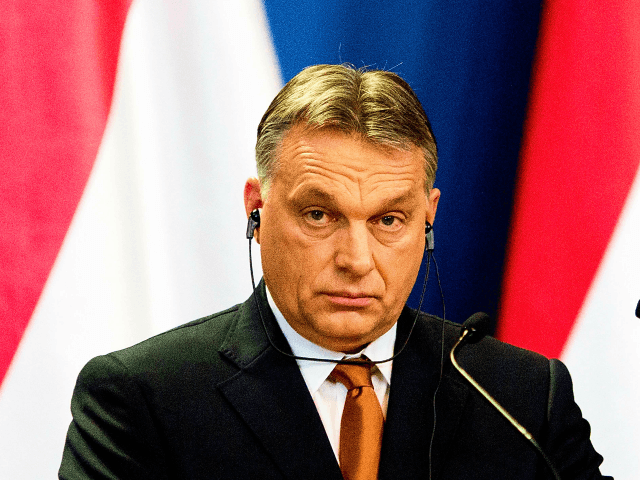BUDAPEST (AFP) – Hungary will hold general elections on April 8, the president said Thursday, with controversial right-wing Prime Minister Viktor Orban tipped to win a third consecutive term.
“I announce the date for the 2018 general parliamentary elections as April 8,” President Jens Ader said in a widely expected announcement.
Orban is popular at home despite accusations by critics that his nationalist and centralising policies have steered Hungary away from democracy and towards authoritarianism.
His supporters say that he is reforming Hungary after decades of stagnation, particularly during the country’s communist period that followed World War II.
Since 2015 the 54-year-old has become known abroad for his hardline anti-immigration policies, emerging with Poland as a fierce critic of EU policies in this and other areas.
He has also sparked a bitter feud with the Hungarian-born US billionaire George Soros who he accuses of orchestrating immigration from the Middle East and Africa.
Last week Orban said that the upcoming “destiny-deciding” election will determine if Hungary remains a “land for Hungarians or becomes a country of immigration”.
The strongest opposition party — the radical right-wing Jobbik — is currently polling under 20 percent of decided voters among Hungary’s eight-million-strong electorate.
Orban’s ruling Fidesz party is polling around 50 percent.
Election rules introduced since 2012 also punish smaller parties if they are unable to form effective alliances as has happened with several leftist and liberal groups.
The size of Fidesz’s likely majority is seen by analysts as the main factor to watch, with a drop potentially loosening Orban’s tight grip on power.
At the last election in 2014 Fidesz, with its junior coalition partner the Christian Democrats, won 45 percent of the vote, giving it 133 of the assembly’s 199 seats.
The result meant Fidesz retained the two-thirds majority it won in 2010, enabling it to change the constitution and push major bills through parliament.
But the party lost that so-called “supermajority” after a by-election defeat in 2015.
“The overall picture is that Fidesz is very likely to win the election,” analyst Csaba Toth from the Republikon think-tank told AFP. “The biggest question however will be whether they get a two-thirds majority or not.”

COMMENTS
Please let us know if you're having issues with commenting.